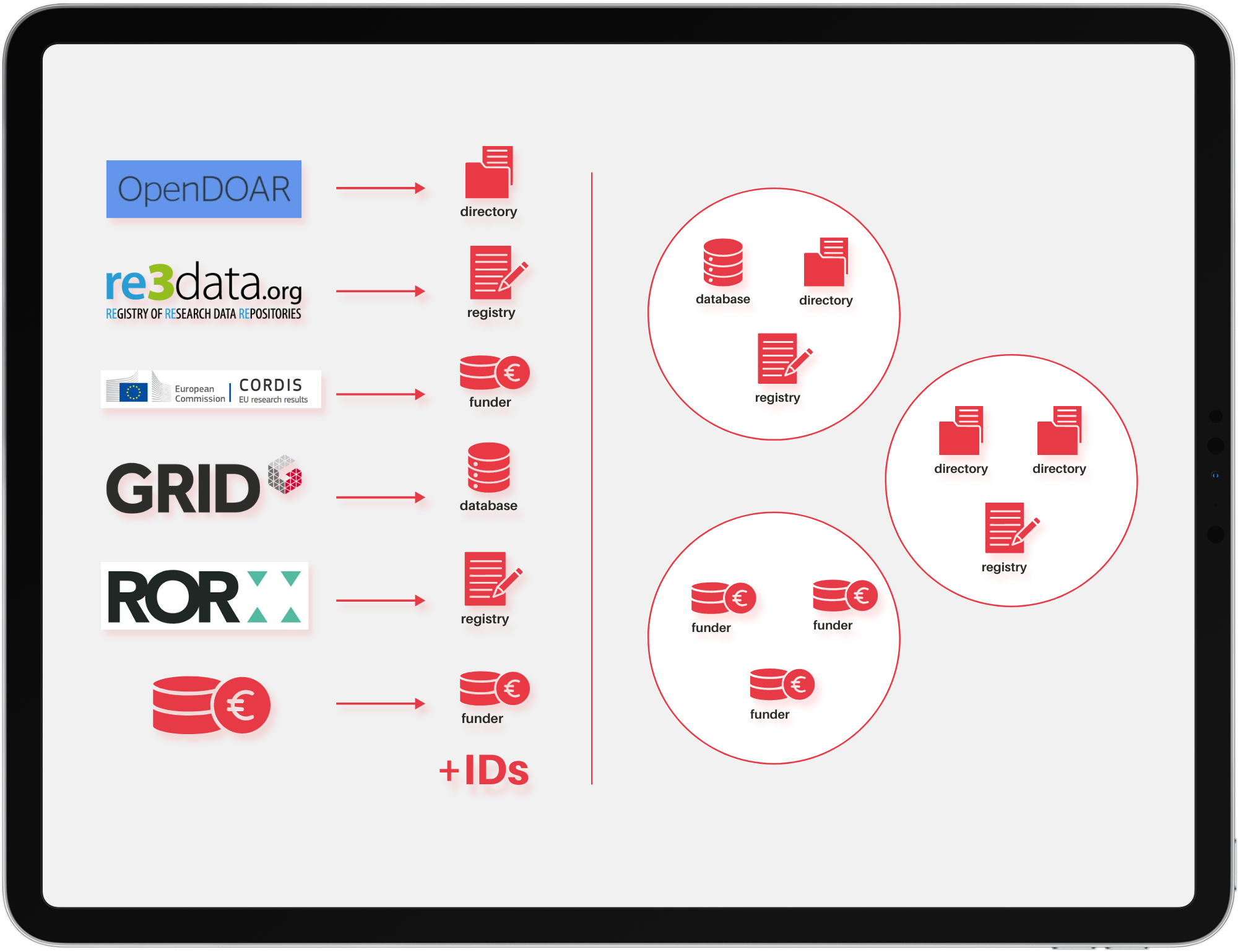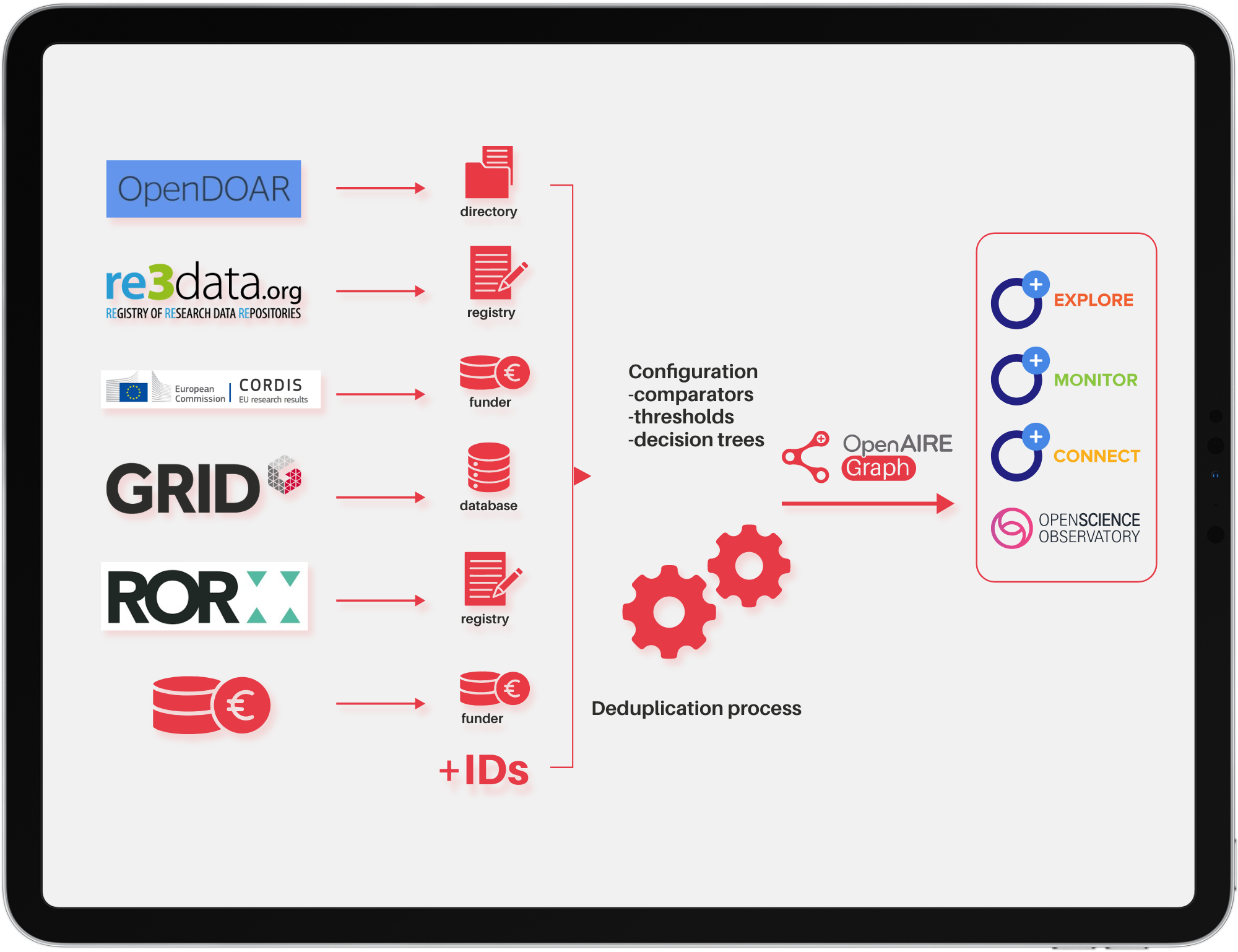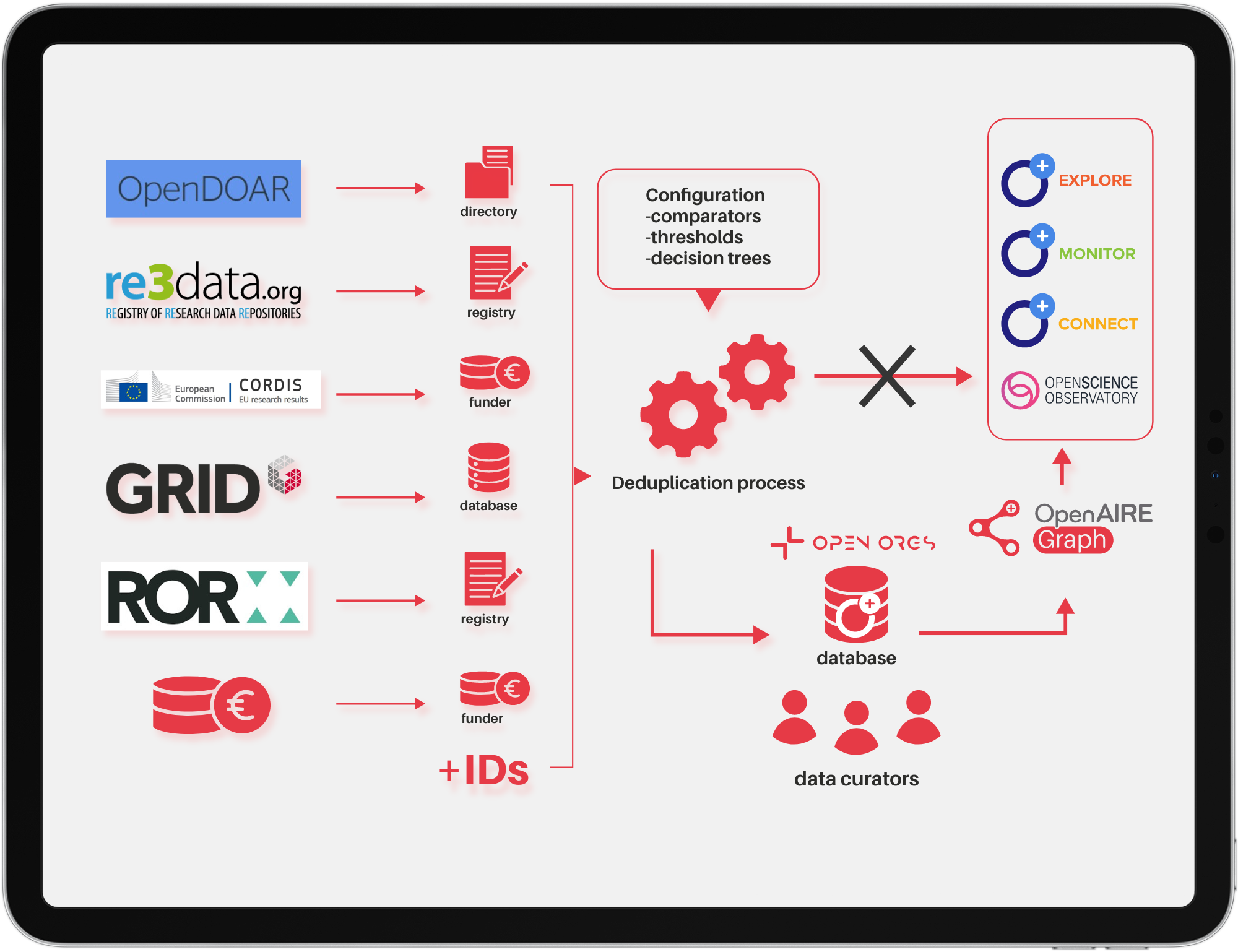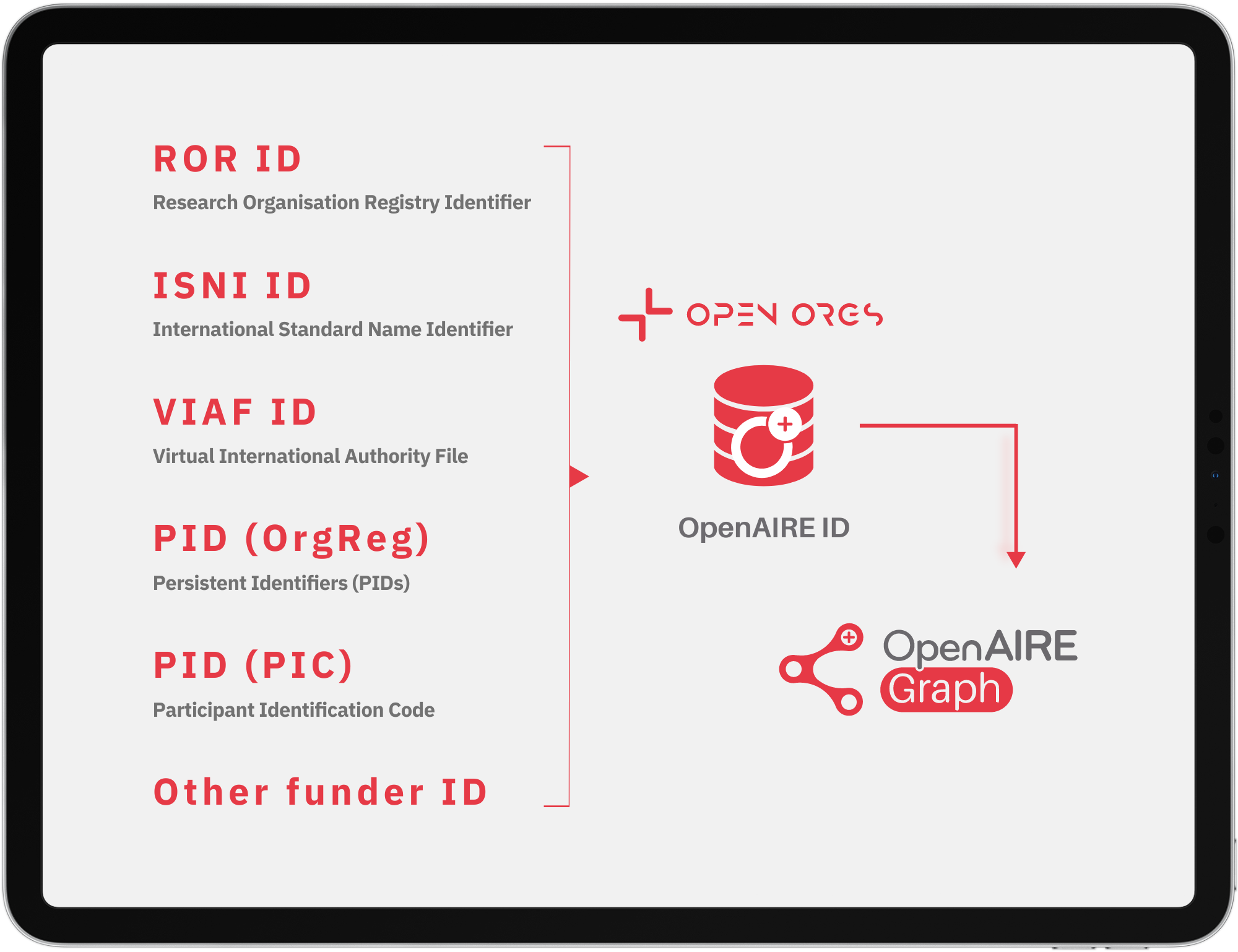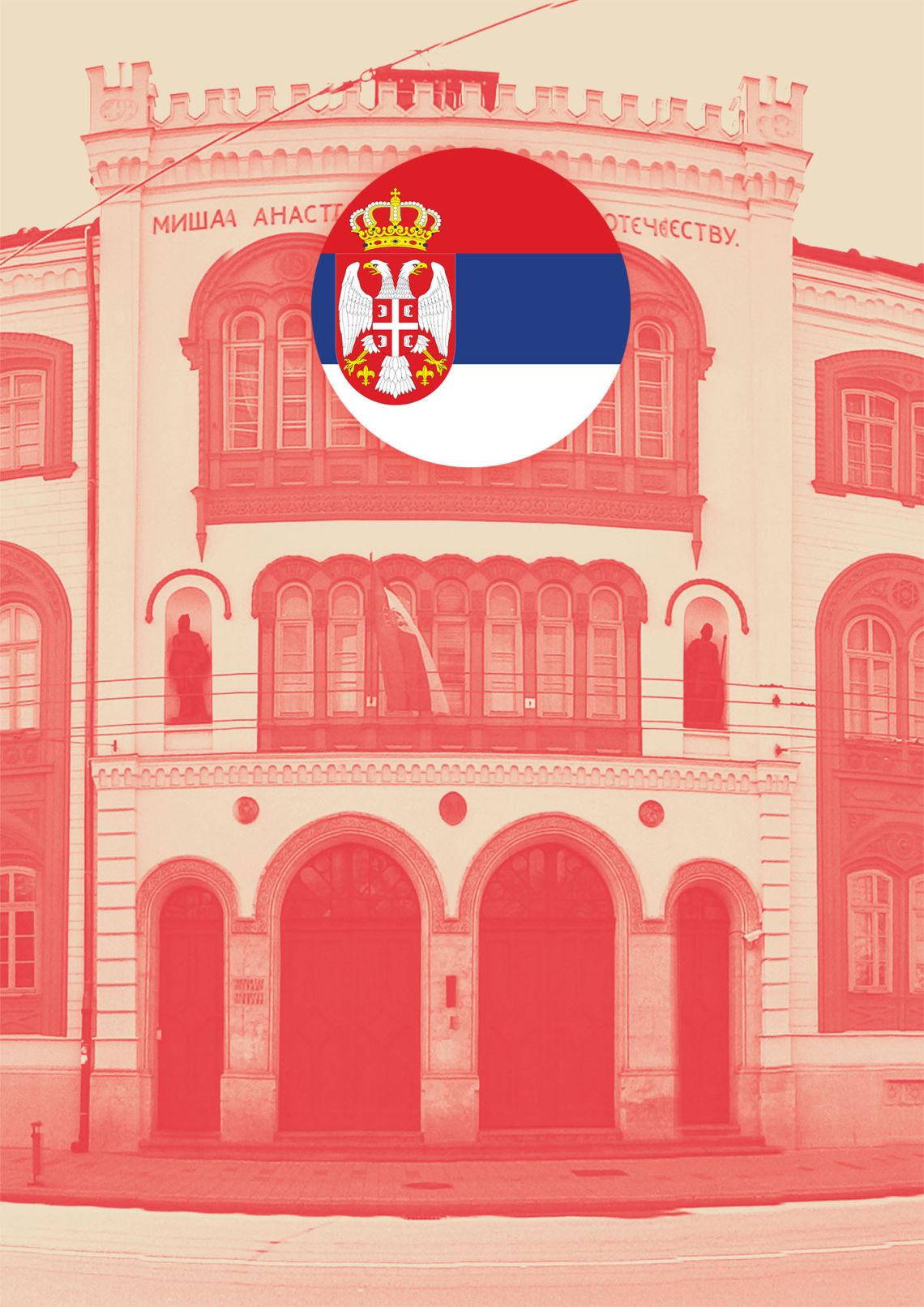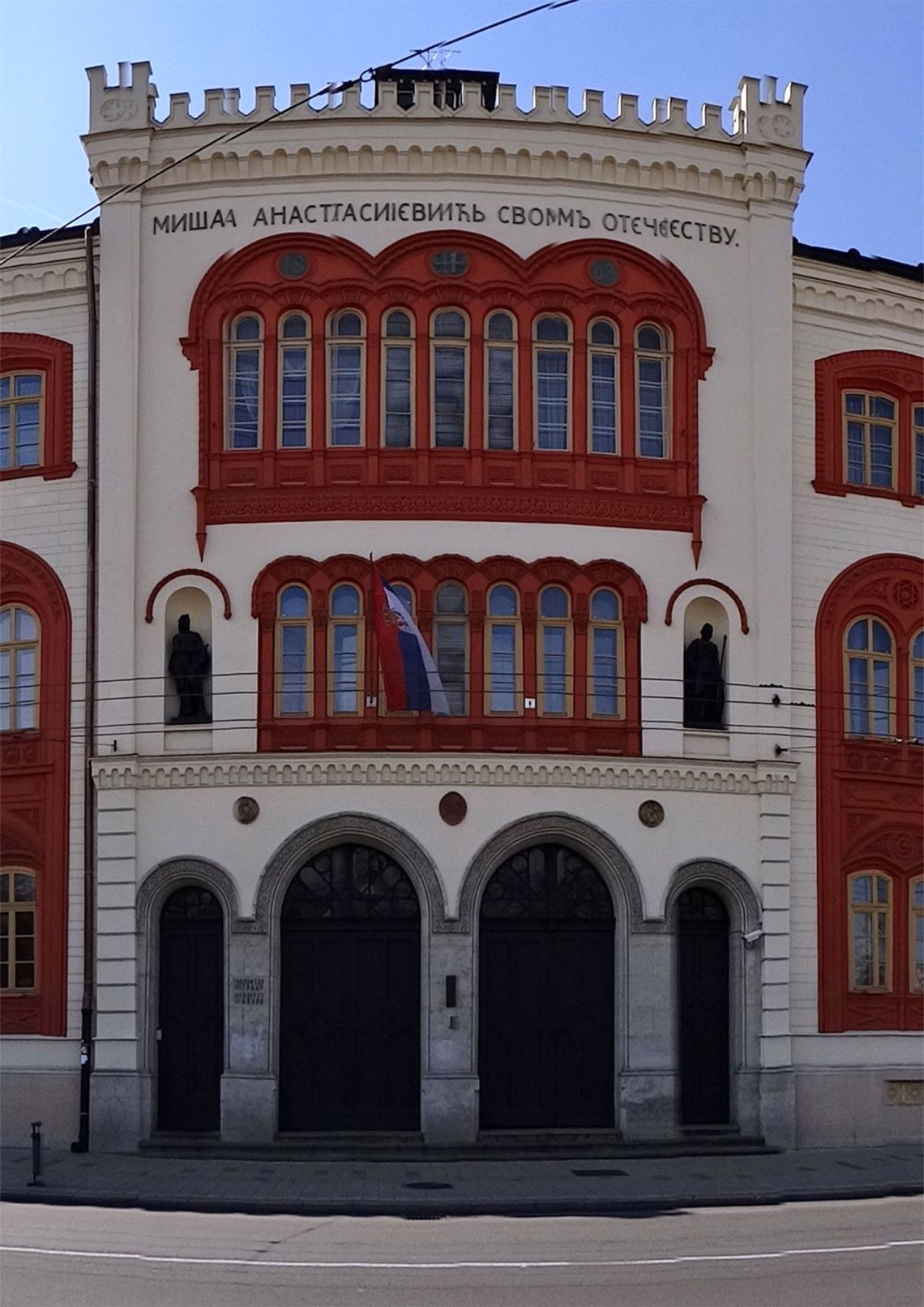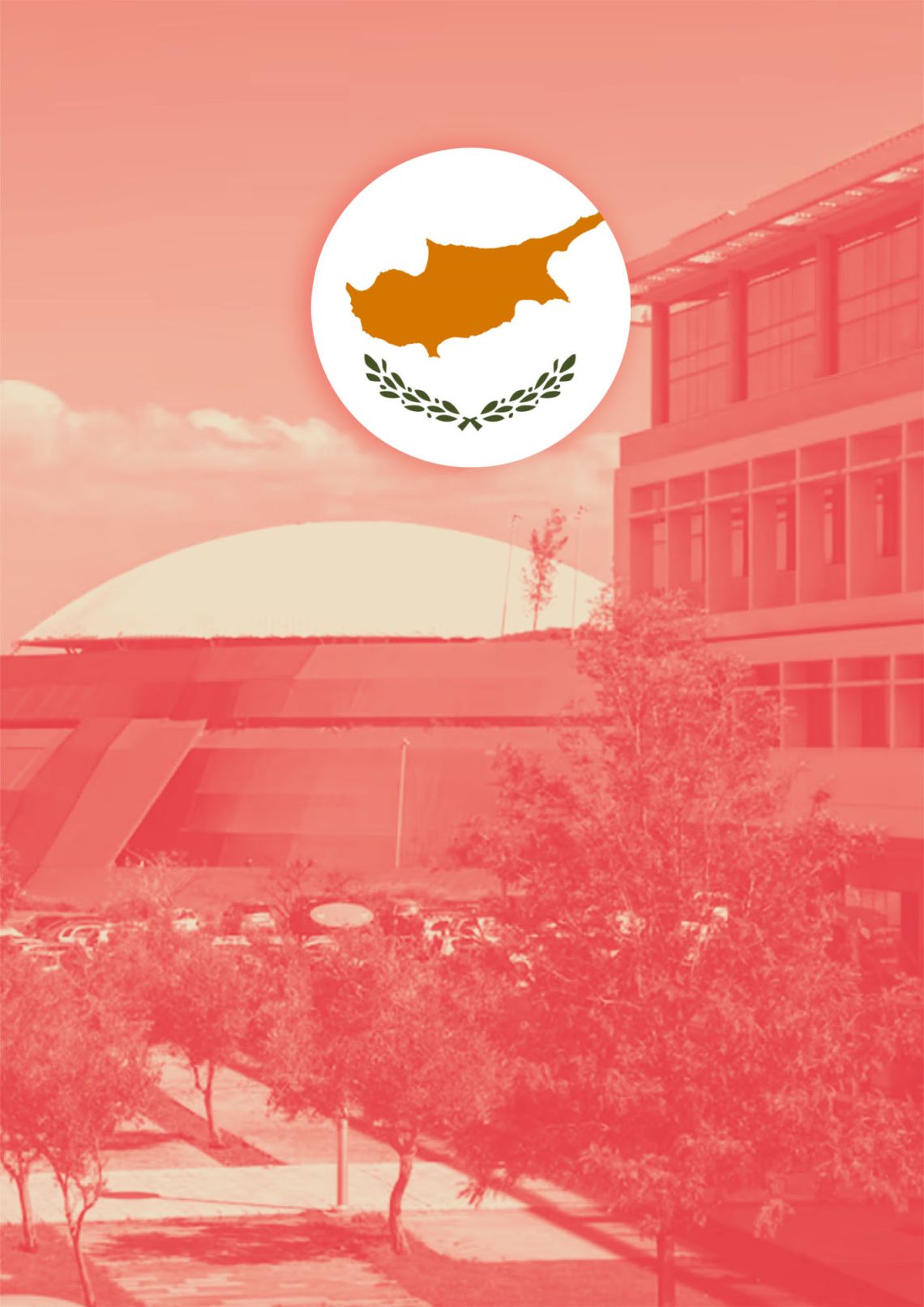Bridging registries of research organisations.
Say goodbye to ambiguous research organisation data with OpenOrgs!
With this OpenAIRE data curation tool you can not only merge duplicate records of organisations and manage the structure of large research performing organisations, but also enhance data integrity across the research landscape.

Key beneficiaries of OpenOrgs.

Researchers
Better findability of authors' institutional affiliations and other digital objects.

Research Performing Organisations
Consistent showcase of the overall scientific production.

Research Funding Organisations
Consistent information on the impact of resources.

Entire research community
Functional and up-to-date services.
Why OpenOrgs.
OpenOrgs effectively navigates the intricacies of organisations engaged in research endeavors. This clarity significantly enhances information sharing, boosts the accessibility of research outputs, and streamlines activity monitoring.
Case Studies.
Explore the real-world use of OpenOrgs through our Case Studies which highlight its important role in research and collaboration.
Global curation overview.




Join our team. Become an
OpenOrgs Curator.
